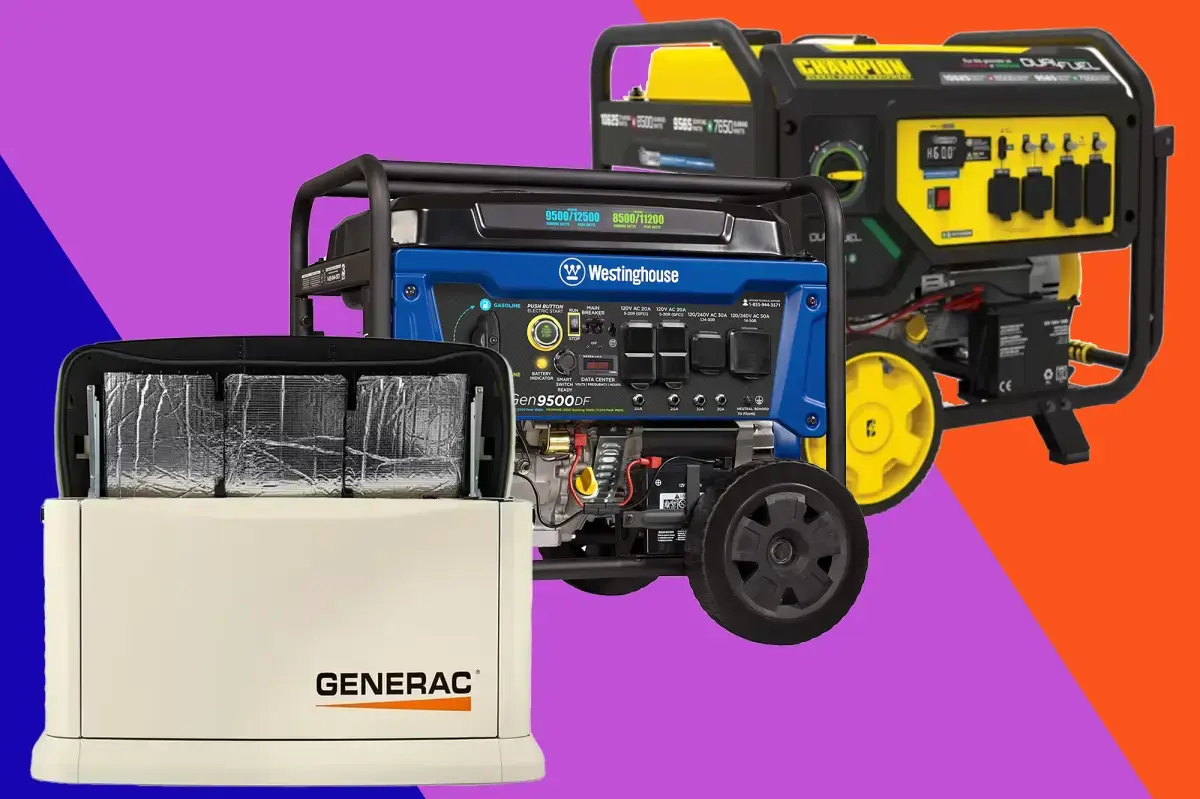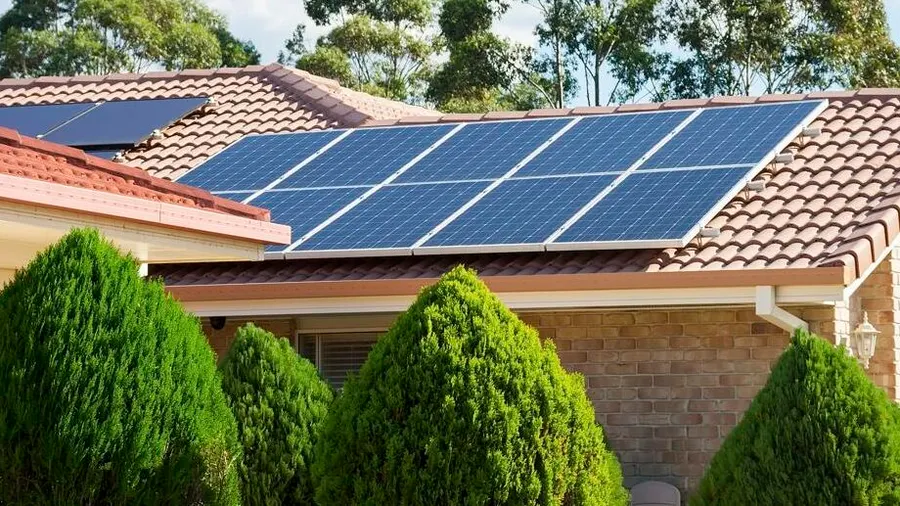Power Through Outages: The Ultimate Guide to Choosing an Emergency Power Generator for Home

Table of Contents
In an era where power outages are becoming increasingly frequent due to extreme weather conditions and an ageing power grid, having an emergency power generator for your home is no longer a luxury—it’s a necessity. This guide will explore the various emergency power generators available, helping you select the perfect one to keep your lights on and your appliances running smoothly during unexpected blackouts.
Types of Emergency Power Generators for Home

Portable generators are a flexible and economical solution for emergency power needs. These generators are:
- Easy to operate: Typically gasoline-powered, start with a pull-start mechanism or an electric start.
- Highly mobile: Many models come with wheels or are light enough to be carried.
- Versatile: Suitable for both home use during outages and outdoor activities.
Example Model: Honda EU22i Inverter Generator – Known for its quiet operation and fuel efficiency, perfect for sensitive electronic devices.
Standby Generators
Standby generators offer a more robust solution for emergency power:
- Automatic operation: They kick in automatically during a power outage.
- Higher capacity: Ideal for powering an entire home, including heavy appliances.
- Permanent installation: Requires professional installation and often runs on propane or natural gas.
Example Model: Generac Guardian Series – Provides reliable, hands-off operation and comprehensive home coverage.
Solar/Off-Grid Generators
For those looking for a sustainable option, solar generators are a viable choice:
- Eco-friendly: Utilizes renewable solar energy to generate power.
- Silent operation: No noise pollution, unlike gasoline generators.
- Low maintenance: Fewer moving parts mean less wear and tear.
Example Model (H4): Tesla Powerwall – Integrates seamlessly with solar panels, offering a clean and renewable energy source during outages and beyond
Assessing Your Power Needs
Before purchasing an emergency power generator, consider:
- Critical appliances: Identify the essential appliances and systems you need to run during an outage (e.g., refrigerators, medical equipment).
- Total wattage required: Sum up the wattage of these appliances to determine the generator’s capacity.
Selecting the Fuel Type
- Gasoline: Widely available but requires frequent refuelling.
- Propane: Stores longer than gasoline and burns cleaner.
- Diesel: Offers high energy output and efficiency.
- Solar: An eco-friendly option that works best in sunny locales.
Considering the Location and Noise Restrictions
- Urban vs. rural: Noise sensitivity might be a factor in urban areas, influencing the choice of a quieter generator.
- Installation requirements: Ensure safe, adequate installation space, particularly for standby models.
Routine Checks and Maintenance
- Regular oil and filter changes
- Annual inspections by a professional
- Running the generator periodically to ensure it’s operational
FAQs
Certainly! To provide more FAQs, I’ll need to know the topic or context you’re interested in. Are you looking for FAQs for a specific product, service, website, or general topic? Let me know, and I can help draft some relevant FAQs for you!
What size generator do I need to power my home?
The size depends on the appliances you need to power. Summing their wattages will give you a reasonable estimate, but consulting a professional can provide a more precise assessment.
How often should I maintain my emergency power generator?
Regular maintenance, including checking oil levels, cleaning components, and running the generator every few months, is crucial for optimal performance.
Can I install a standby generator myself?
It is recommended that a standby generator be installed by a certified electrician or technician to ensure safety and compliance with local codes.
Installing a standby generator involves several complex steps that can pose significant risks if mishandled. Here’s why professional installation is generally recommended:
- Electrical Safety: Standby generators are connected directly to your home’s electrical system. Improper installation could lead to electrical hazards, risking shock or fire. A certified electrician knows how to handle these systems safely and ensure that all connections are secure.
- Compliance with Local Codes and Regulations: Local building codes and regulations often have specific requirements for generator installation, including how and where it can be installed. Professionals are familiar with these rules and can ensure that your installation is compliant, which is crucial for safety and legality.
- Proper Sizing and Installation: Selecting the right size generator for your needs is critical to avoid overloading the system. A professional will assess your home’s energy requirements and recommend an appropriate generator size and location for installation to ensure efficiency and minimize noise and fumes.
- Warranty and Insurance Considerations: If something goes wrong, self-installed generators may not be covered under the manufacturer’s warranties. Professional installation usually ensures that the warranty remains valid. Additionally, some home insurance policies might require professional installation for coverage in case of damage related to the generator.
- Connection to Fuel Sources: Standby generators often require a connection to a gas line or other fuel source. Due to the risks of dealing with potentially hazardous materials, this task is best handled by a professional.
Considering these factors, while installing a standby generator yourself might be tempting, mainly to save on costs, the risks involved with incorrect installation can far outweigh the initial savings. Hiring a professional ensures a safe and code-compliant setup. It brings peace of mind that the system will function correctly when needed.
Conclusion
Choosing the right emergency power generator for your home involves understanding your power needs, the types of generators available, and the specific requirements of your living situation. Whether managing through a heatwave or ensuring daily comfort and safety, the right generator can make all the difference. Equip your home with a reliable emergency power source today and gain peace of mind knowing you’re prepared for any power outage tomorrow.
This blog post strategically integrates the keyword “Emergency Power Generator for Home” while covering comprehensive details to assist readers in making informed decisions about their home backup power solutions.






